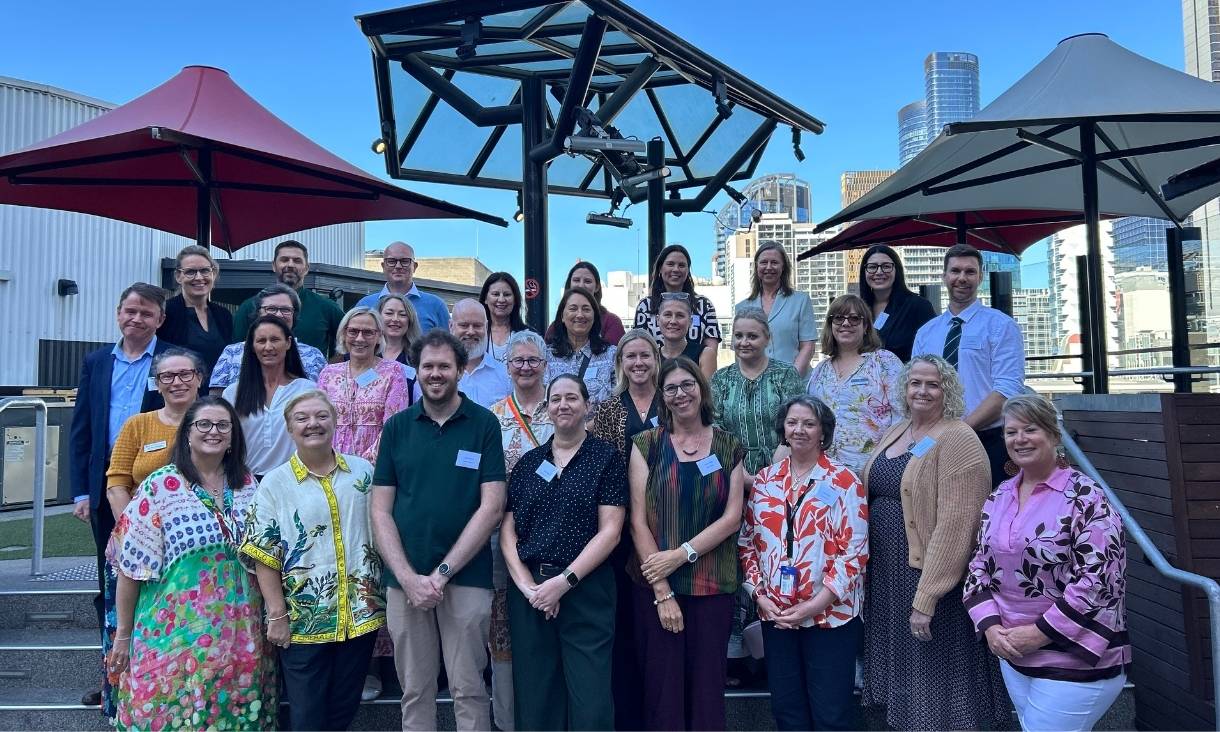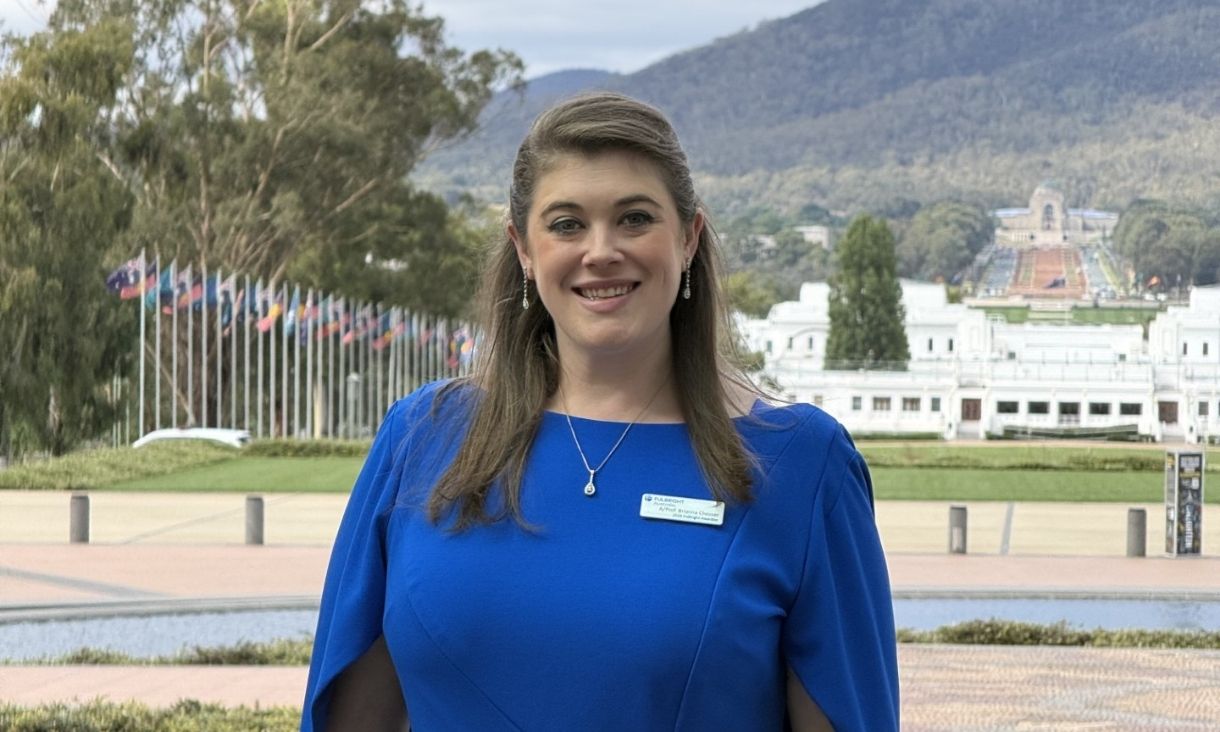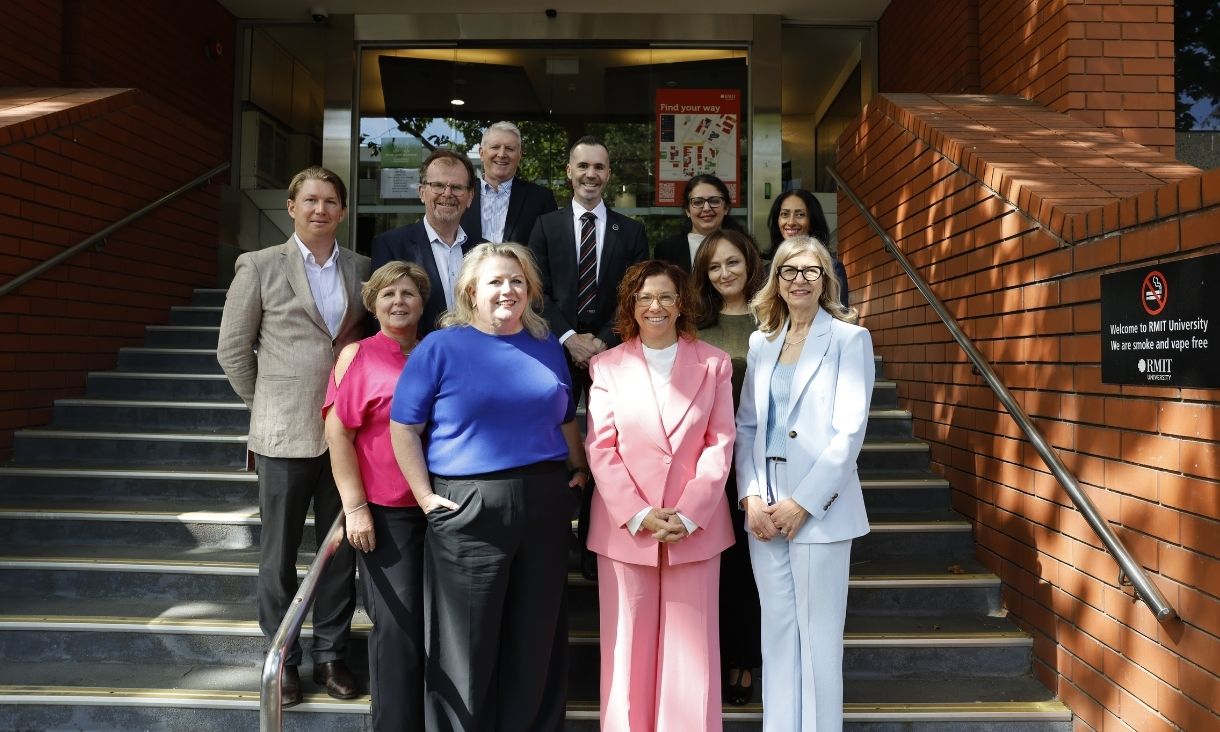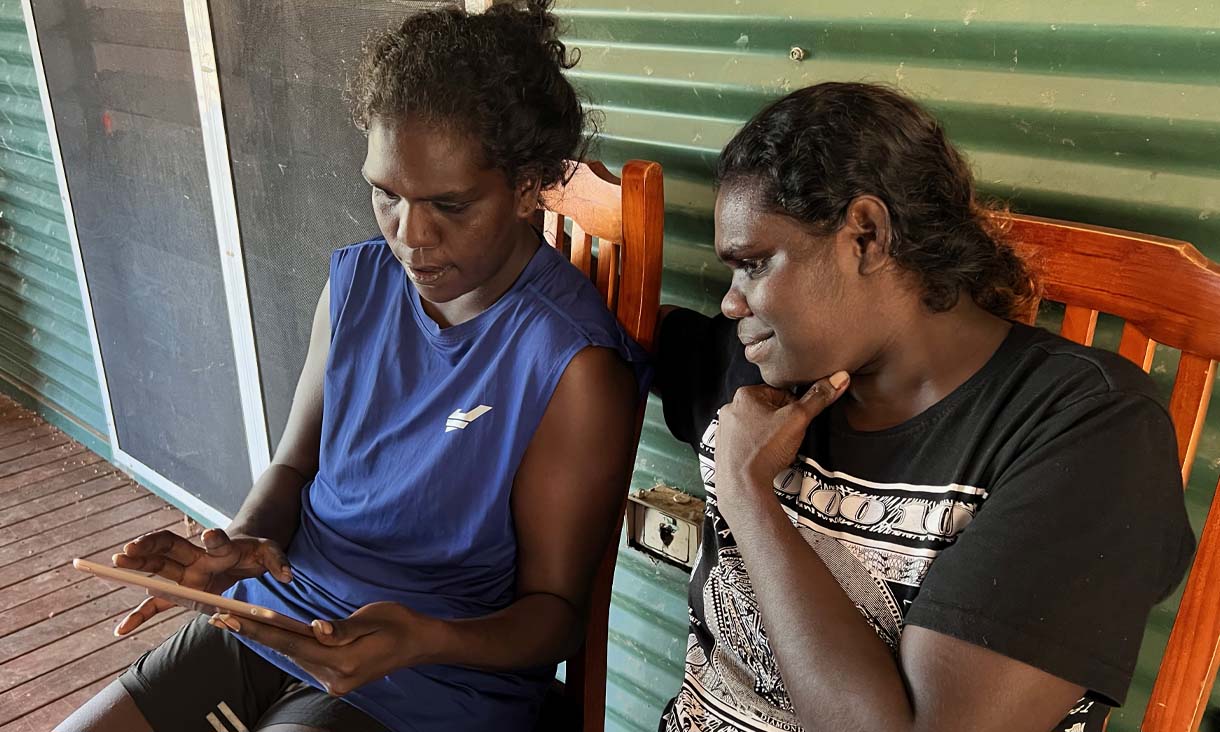Shortly after graduating from RMIT eight years ago, Olivia Willis landed a job with the Australian Broadcasting Corporation (ABC) where she now works as a health reporter. If you’ve been following the news since early 2020, you know what that means.
“Like most health journalists, I’ve spent much of the last two-and-a-half years covering the COVID-19 pandemic,” she said.
“I think the biggest challenge, particularly in the early days, was just keeping up with the mountains of new and rapidly evolving information.
“It's a real privilege to contribute to the national broadcaster’s coverage of the pandemic, but it also comes with a great deal of responsibility – you’re acutely aware that people use the information you publish to help make decisions about their own health and behaviour.”
As a journalist covering the pandemic, one of Willis’ biggest lessons has been how to deal with and communicate uncertainty.
“So much of the pandemic has been characterised by uncertainty, which is a challenge when people want timely, clear explanations and answers. I think our job is to help people make sense of the moment we're in whilst still acknowledging the things we don't know,” she said.
To help do that, Willis hosted and co-produced Patient Zero, an eight-part ABC podcast series about disease outbreaks, which won the Eureka Prize for Science Journalism in 2021.
Her podcasting plaudits also extend to the award-winning women’s health podcast: Ladies, We Need to Talk, where she was a founding producer.
In 2014, Willis graduated from RMIT’s Bachelor of Communication (Professional Communication), a degree she said kept her career options open.
“I knew I wanted to work in the field of media and communications, but I didn’t know exactly in what capacity. That’s why I was initially drawn to studying Professional Communications – it gave me the opportunity to dip my toe into a few different disciplines and industries,” she said.
“My degree at RMIT allowed me to learn the fundamentals of communication – across journalism, media, advertising and public relations – before specialising in one area of interest.
“This gave me the chance to hone my communication skills and figure out what profession I was most suited to.
“Once I decided to pursue journalism, I really benefited from lectures and tutorials taught by working journalists and industry specialists.”
As well as learning theory from those in the industry, Willis also gained Work Integrated Learning (WIL) experience to prepare her for the workforce, including a student-run show on a community radio station – Melbourne’s 3RRR.
“After a bit of broadcast training, we were thrown in the deep end: producing, presenting and panel-operating a weekly program with news, interviews and music,” she said.
“I still remember the excitement of being live on air for the very first time. Terrifying and exhilarating!”
Willis’ first taste of journalism ignited a fire that still burns today.
“What I love most about my job is that I get to talk to different people every day about all kinds of interesting things.
“Sometimes, the task at hand is to communicate important public health information; other times, it’s to tell compelling stories, share new scientific findings, or shed light on something that doesn’t receive much media attention.
“It’s always a privilege – and often a real joy – to interview people who are passionate about a subject or who have been deeply affected by a particular issue.”
Learn more about Bachelor of Communication degrees at RMIT and associated WIL opportunities.







